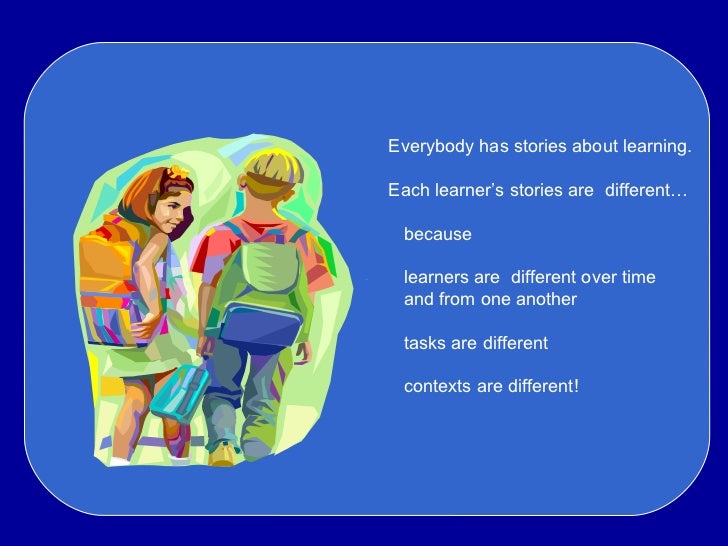
The Next Step in Meta Learning: Lesson Planning
by FranMy next steps in taking this blog in a new Meta direction will focus on 2 ideas: (l) Developing a lesson planning format that focusing on helping kids become metacognitive learners (P.O.R.T.A.L.S.); (2)Developing a framework for helping kids help other kids to learn (KALE Kids©). With these 2 ideas as a base, I’ll develop a series of lessons on Language and Literacy using the P.O.R.T.A.L.S. lesson planning tool. I begin here with the first of a three part blog: A. PORTALS Lesson Plan. This lesson plan format reflects a ‘diagnostic teaching” approach to teaching/learning: that is, an approach that tries to understand and plan for factors that either facilitate learning or account for breakdowns in learning for individual students. Part B will simply be a copy of the lesson plan format. Part C will be the introduction to the idea of KALE Kids. With this 3 part base, subsequent blog posts will provide examples of PORTALS planning for language and literacy skills.
Planning to Learn
A. PORTALS Lesson Plan: Introducing the Idea of Lesson Planning and Meta Lesson Planning
This Lesson Plan format is based on five beliefs. (1) Students are capable of learning to direct their own learning. (2) Learning is situated in particular contexts and is best when motivated by authentic goals and outcomes. (3) Learning is most successful when it addresses both the strengths and challenges of individual learners. (4) Students learn about something (concept/idea/skill/process) and use a variety of cognitive and affective processes to accomplish that learning. (5) Building a learning community in the classroom/school benefits all learners.
Introduce your students to the idea of creating Lesson Plans for learning. Talk about how you plan for a lesson. Share the PORTALS Lesson Plan. Provide examples from lessons you have already taught. Generate a topic for a lesson plan that would be of interest to your students. Working with them, fill in each part of the lesson plan.
Next (after you feel as though students have a good sense of the lesson plan format), introduce the idea that they will “write” their own lesson plans based on the next lesson you will introduce. Show them the form for a PORTALS Meta Lesson Plan. Explain/discuss/remind them of the meaning of meta/metacognition. Help them to see that this lesson plan will help them to be more metacognitive, more self-directed, more in charge of their learning.
Walk through several examples using a mythical student or volunteer student. Point out that all learners have both strengths and challenges in learning. Have students work in small groups to fill in their own sheets. Circulate and offer feedback. Come back together as a group and talk about what is in a lesson plan and how they can learn to learn by recognizing their strengths and working through their challenges. Periodically use the PORTALS META Lesson Plan Format to remind students that they have control over their learning. Once your students understand the PORTALS LP format, simply use a planning sheet with the headings: PURPOSE, OPERATIONS, REMEMBERING TEAMWORK, ACTION, LAYERING A FOUNDATION, SELF-MANAGEMENT.
Learner Stories (Self-Management} Lesson Planning
Taking a New Meta Road: Kids’ Voices
by FranSome questions:
What role is there for Kids’ Voices in Learning to Learn?
What if we focused on them as learners–in their own words? What would we learn?
Would we learn about…
how they see themselves as learners
how they believe they learn best
what they believe is worth learning
what they do when they get struck on a learning problem
what frustrates them
what they think about their choices…of goals, assignments, homework, feedback, grades, time/timing, how we teach, how we talking about teaching/leaning
Let’s see what we can find out about what they think!
Learner Stories (Self-Management} Worth Learning (Purpose, Action)








